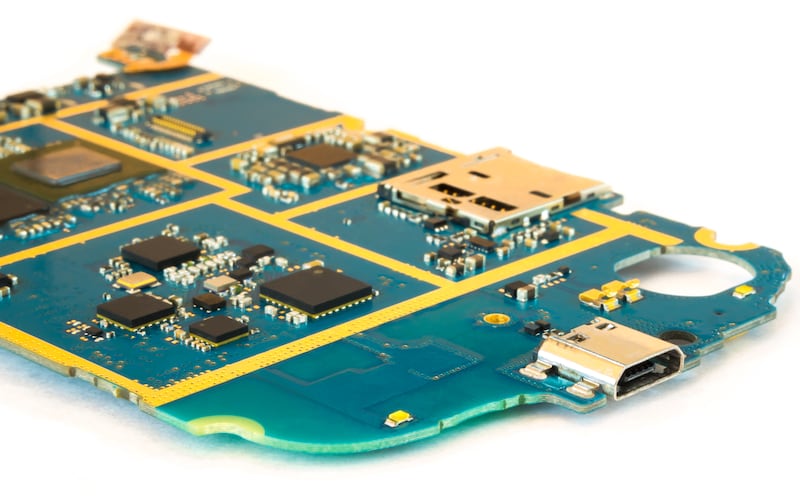Smartphones and data centres are damaging to the environment and will have the biggest carbon footprint in the tech industry by 2040, researchers have found.
Scientists came to this conclusion after calculating the carbon footprint of devices such as mobiles, laptops, tablets and desktops – as well as data centres and communication networks collectively known as information and communications technology (ICT).
The team from McMaster University in Canada found smartphones to be the most damaging of all devices in the industry, with the bulk of their emissions coming from the production chain.
According to the researchers, smartphone components that require the most amount of energy to produce are the chip and the motherboard – as they are made up of precious metals mined at a high cost.
While these phones consume little energy to operate, 85% of their emissions impact comes from production, the researchers said.

They also have a short shelf life, which according to the team, means there is “an extraordinary amount of waste”.
Dr Lotfi Belkhir, a professor at the W Booth School of Engineering Practice and Technology at McMaster University, said: “Anyone can acquire a smartphone, and telecommunications companies make it easy for people to acquire a new one every two years.
“We found that by 2020 the energy consumption of a smartphone is going to be more than that of PCs and laptops.”
He added: “For every text message, for every phone call, every video you upload or download, there’s a data centre making this happen.

“Telecommunications networks and data centres consume a lot of energy to serve you and most data centres continue to be powered by electricity generated by fossil fuels. It’s the energy consumption we don’t see.”
They also found that the software driving the ICT industry has a greater impact on emissions than previously thought.
Belkhir said: “We found that the ICT industry as a whole was growing, but it was incremental.
“Today it sits at about 1.5%. If trends continue, ICT will account for as much as 14% for the total global footprint by 2040, or about half of the entire transportation sector worldwide.”
The research is published in the Journal of Cleaner Production.








